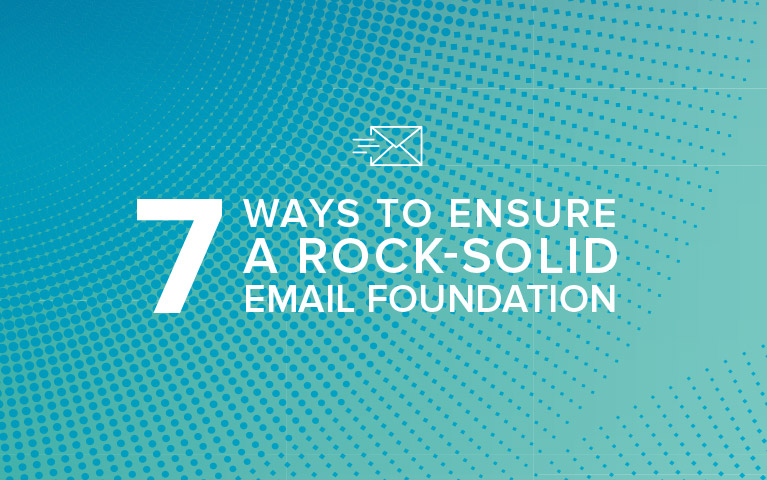In 2014, Monique Rodriguez started an Instagram page to share hair care tips with other women. A registered nurse, she enjoyed uncovering remedies for, say, scalp dryness that wouldn’t cause bad reactions like the rashes she saw in some of her patients.
Monique mixed hair treatments in her home blender, then shared the recipes with her followers. Soon, fans asked to buy the goods.
So she launched Mielle Organics in 2014 with her husband Melvin and one product: mint almond oil, a blend of almond, soybean and peppermint oils that can help heal dry scalps.
On a year-to-date basis, Mielle is the largest Black-owned hair care company, per research from Strategic Solutions International, a consulting firm that works with top manufacturers in the category.
Mielle—a play on the names of its co-founders’ daughters—has nearly 660,000 Instagram followers who come to the brand for regular advice on handling textured hair. Its 60 products, which include shampoos and hair vitamins, are stocked in over 100,000 retail locations nationwide: CVS, Walmart, Target, Walgreens and more.

This year, Mielle’s anniversary sale coincided with support for the Black Lives Matter movement and a coronavirus-induced spike in ecommerce—as well as the launch of Mielle’s rice water collection. The result was more than 40,000 new customers, millions of sales and a crashed website the brand considers more of a trophy than a trouble.
To keep introducing new products and growing its customer count, Mielle needs reliably strong systems. The team recently upgraded to an ERP system for an overall view of the company’s financials and inventory.






























